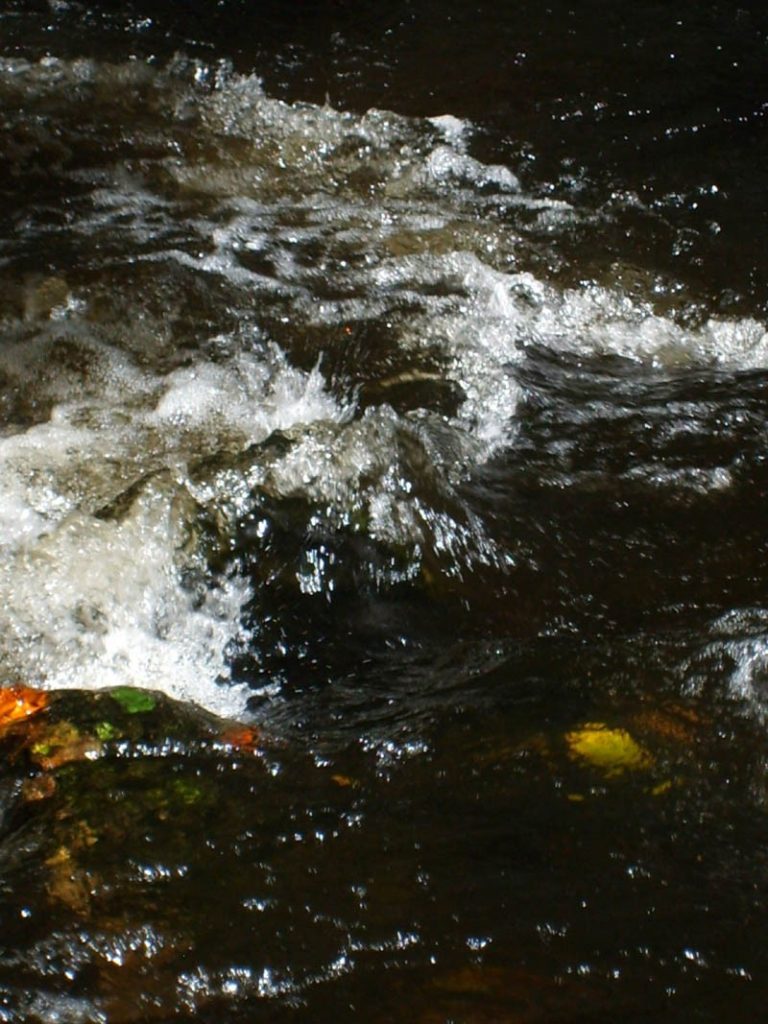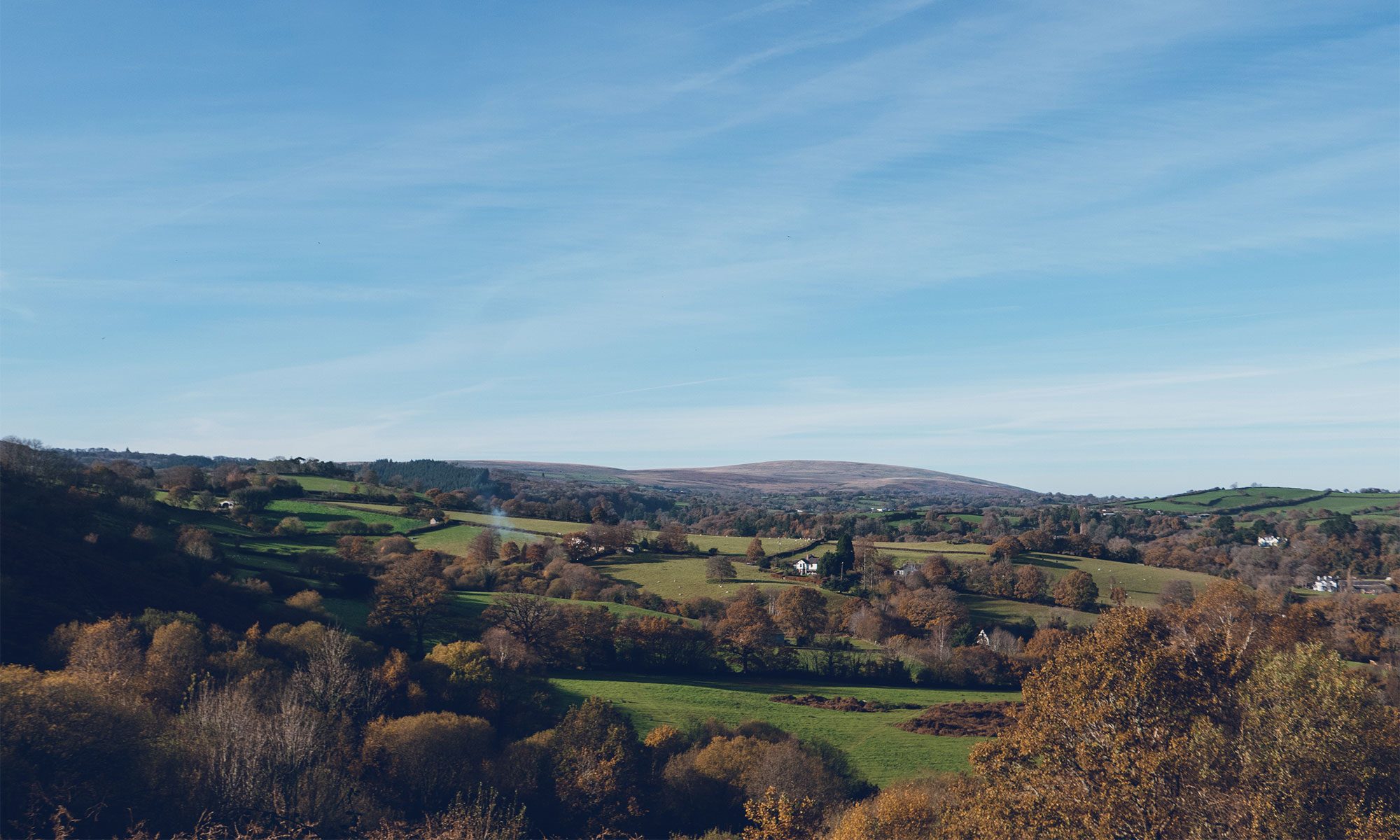Salmon, Systems and Survival

It’s that time of year, time for the salmon run. This year I almost forgot.
Every year I wait for a few days of heavy rain , that’s when salmon surge upstream heading for the gravely shallows where they were spawned. Many will die after, but not all.
When he was nine or ten, I’d collect my son from school, and we’d head for the salmon leap to watch them hurl their bodies at the falls. Cheering whenever we saw one, close enough to see the shimmering copper-pink and silver scales. Then another and another; sometimes as many as fifty in less than an hour, sometimes only one or two. I remember him saying “I like breathing the air here.” Sweet, moist, cool and rich with autumn smells. We would sit side by side in silence for a long time, sharing flapjacks and a thermos of hot chocolate, bearing witness until the light faded.
That was fifteen years ago. How much longer will the salmon return to our watershed spawn? I wanted my son to see, so he could carry their story in his memory. I’d say “some people go their whole lives and never see this” and he would laugh, because every year I repeated the same words.
Though they seem numerous, around the world salmon populations are collapsing, all Devon’s rivers have seen a substantial decline. The reasons are various and systemic; overfishing in the Atlantic West Greenland, Faeroese and Irish Costal fisheries; poaching locally; pollutants from agricultural run off; contamination from treated sewage; escaped farmed salmon weakening the genetic strains of wild salmon; escaped farmed trout competing for habitat; pests and diseases from farmed stock infecting wild fish; alien invasive weeds leading to too much or too little shade along the riverbanks; ocean pollution and of course warmer waters brought by climate change. A fragile balance being broken.
This place asks for engagement with issues that takes me far beyond one species in one river. The flourishing of the salmon can only be understood in terms of patterns and networks of relationships, connectedness and processes. There is a whole community of embedded relationships: the ecosystem of the river; the bioregion; the oceans; the biosphere.
The recognition at the COP26 talks last week that the climate change and biodiversity are intertwined crises is welcome, but it’s also shocking that they could ever have been thought separate.
Relationships and context don’t lend themselves to our conventional scientific framework, rooted as it is in a world of measurable and quantifiable things. Though quantitative knowledge is essential, the qualitative, subjective, interpretive, artful, poetic, imaginative and exploratory is so often neglected. Unfortunately, analytical thinking can only take us so far. Systems evolve, change, develop, grow and transform, we need to look deeply at relationships.
Every year at this time, others are drawn to the salmon leap. Stopping, listening and watching. We stand sharing a sense of wonder, touching the spirit and magic of the place. I play with the notion that each in our own way we are answering an echo in our soul, a temporary softening of tired old ways of seeing and feeling, leaving us, for a few moments, more permeable; open to a world that is alive and awake and aware. The roar of the weir, the salmon, the falling leaves and soft air speak a language we are briefly able to understand.
When Gregory Bateson spoke of consciousness, beauty and the sacred as an ‘aesthetic’ I wonder if he meant this resonance with place; a recognition of the relationships between things, the ways place acts upon us; a mutual responsiveness, encompassing not only biological interdependencies but also heart and mind.
It’s often argued that community involvement leads to protection and care of a bioregion, might this ripple outward from these moments at the salmon leap? When I’m full of doubt and leaning towards despair I fear we simply don’t have time for the subtle, gentle and less obvious action which might flow from here. It’s not enough, much more is demanded of us. As a friend put it last week, only partly in jest “I feel like I should be out there, gluing myself to a motorway.”
Then again, I also see how a culture of haste infects our personal, social and political worlds. There is unrelenting pressure to decide, react and act and not enough time to engage with the complexity of life. Perhaps the urgency is so great we don’t have the time not to go slowly.

